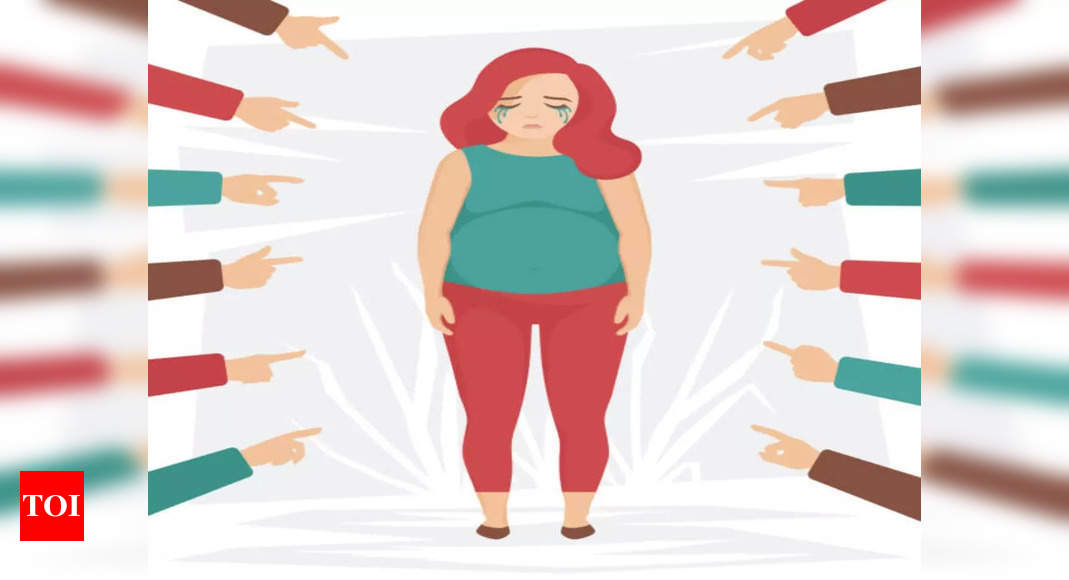Bariatric surgeon Dr. Manish Motwani says, “Obesity will invite mental health problems along with heart problems, diabetes, high blood pressure, kidney and liver problems, and sleep apnea. Likewise, having a mental health condition can also influence a person’s weight. Both obesity and mental health problems go hand in hand. It is important to follow healthy lifestyle practices to manage weight and mental health issues.”
Why is obesity always a concern?
There is a long-term association between obesity and mental health problems. The most likely contributing factors to obesity are genetic, psychological, environmental, social, and cultural influences. Obesity is not just an aesthetic concern. It is a medical problem that increases the risk of other diseases and health problems as well. Extra pounds (obesity, overweight) do more than increase weight and increase the risk of major health problems. Almost 70-80% of obese patients have mental health problems, says Dr. Motwani.
“Obesity is also related to stress, low self-esteem and depression. Many have become introverted, stay at home, and their productivity has decreased as well,” she adds.
Here we decode the connection between obesity and mental health.
Obesity is linked to mental health problems
Obesity leads to emotional distress. Being overweight can cause negative feelings about oneself. There is evidence that obesity is related to mental disorders and many of the medications used to treat psychiatric illnesses. Stress is a factor in both depression and obesity. Chronic stress and anxiety, for example, can lead to depression. Similarly, stress, depression or bipolar disorder can make someone more likely to turn to food as a coping mechanism which can lead to weight gain and eventually obesity. Obesity increases pain and inflammation in the body that causes stress.
Being obese can lead to social isolation, low self-esteem, loneliness, and frustration. He who is obese will be ridiculed for his weight. Additionally, body shaming from being overweight can also affect mental well-being. One will be aware of their body image and feel powerless. This can also cause depression in these people. Obese people tend to experience anxiety about being judged by their appearance and are dissatisfied with their appearance.
If you are overweight, you may feel frustrated, angry, or upset. Being aware of difficult emotions is the first step in coping with them. It takes practice to recognize emotions. Sometimes they can be so sudden and powerful that it’s hard to know exactly what you’re feeling.
Numerous studies have shown a positive association between obesity and various mental health problems, including depression, eating disorders, anxiety, and substance abuse
Obesity affects people’s quality of life, and many who suffer from it experience increased stigma and discrimination due to their weight.
Treat obesity with tact as shared by the expert
For someone who is overweight or obese, mental health issues can present a barrier to adopting healthy lifestyle practices. Mental illness is the biggest indication for bariatric surgery. The good news is that even modest weight loss can improve or prevent health problems associated with obesity.
If the patient is in a lower BMI stage, counseling along with dietary changes, a good night’s sleep, increased physical activity, and behavioral changes may help with weight loss. But, if the BMI is over 30 and there are mental effects of obesity, then counseling bariatric surgery has given outstanding results in patients who have now moved on and shown how productive they can be for the world, the economy and themselves. . Staying stress-free by doing yoga and meditation can also be helpful.
.
